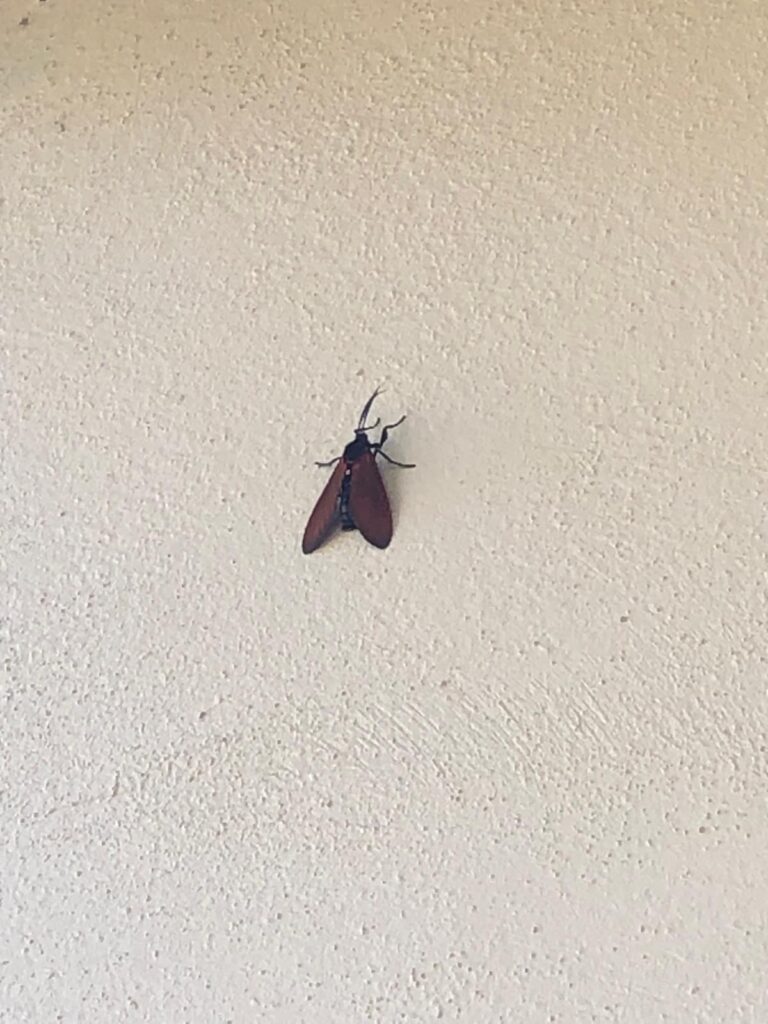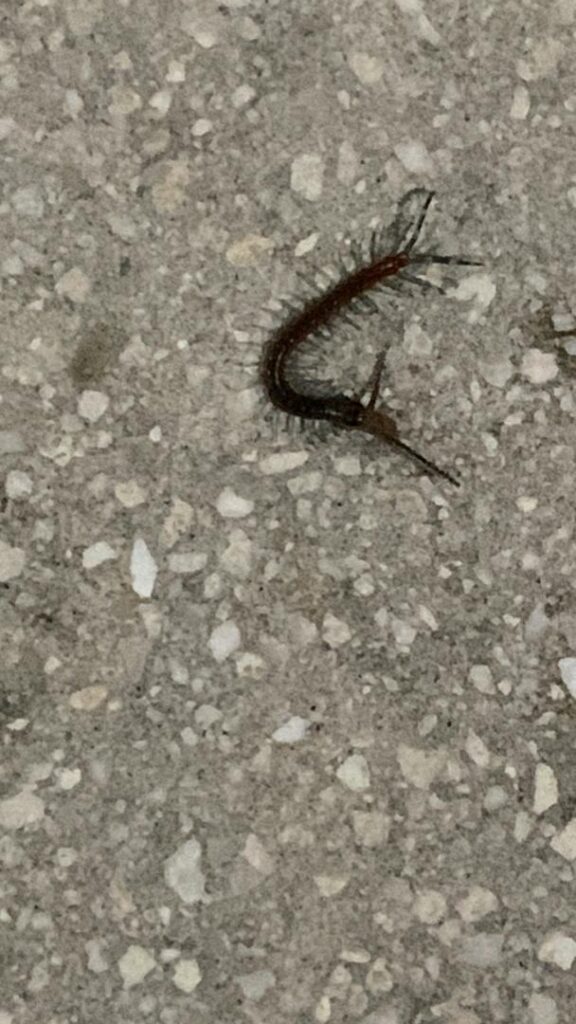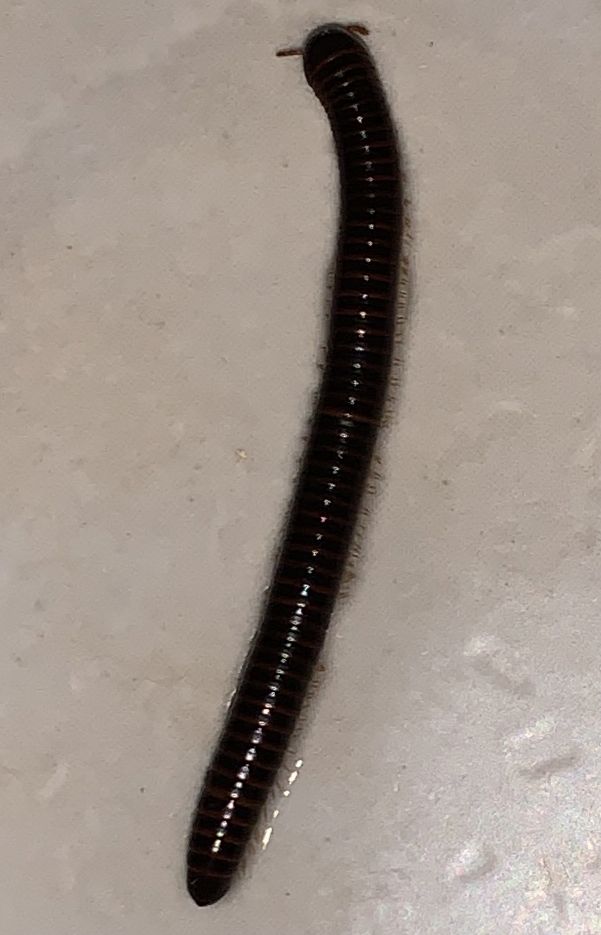Insects play a vital role in Haiti’s ecosystem and economy, supporting agriculture, biodiversity, and cultural practices. Pollinators like bees and butterflies are crucial for crops, while decomposers like ants and beetles help maintain soil health. Predatory insects naturally control pests, reducing the need for chemical pesticides. Insects also contribute to Haiti’s rich biodiversity, serving as a food source for wildlife and playing a role in traditional medicine and cultural symbolism.



One of the most significant contributions insects make to Haiti is through pollination. Bees, butterflies, and other pollinating insects are vital for the reproduction of many plants, including some of Haiti’s most important crops. Fruits, vegetables, coffee, and other staples depend on these insects to produce the yields that feed the population and support the agricultural sector. Without the work of these pollinators, food security in Haiti would be at risk.
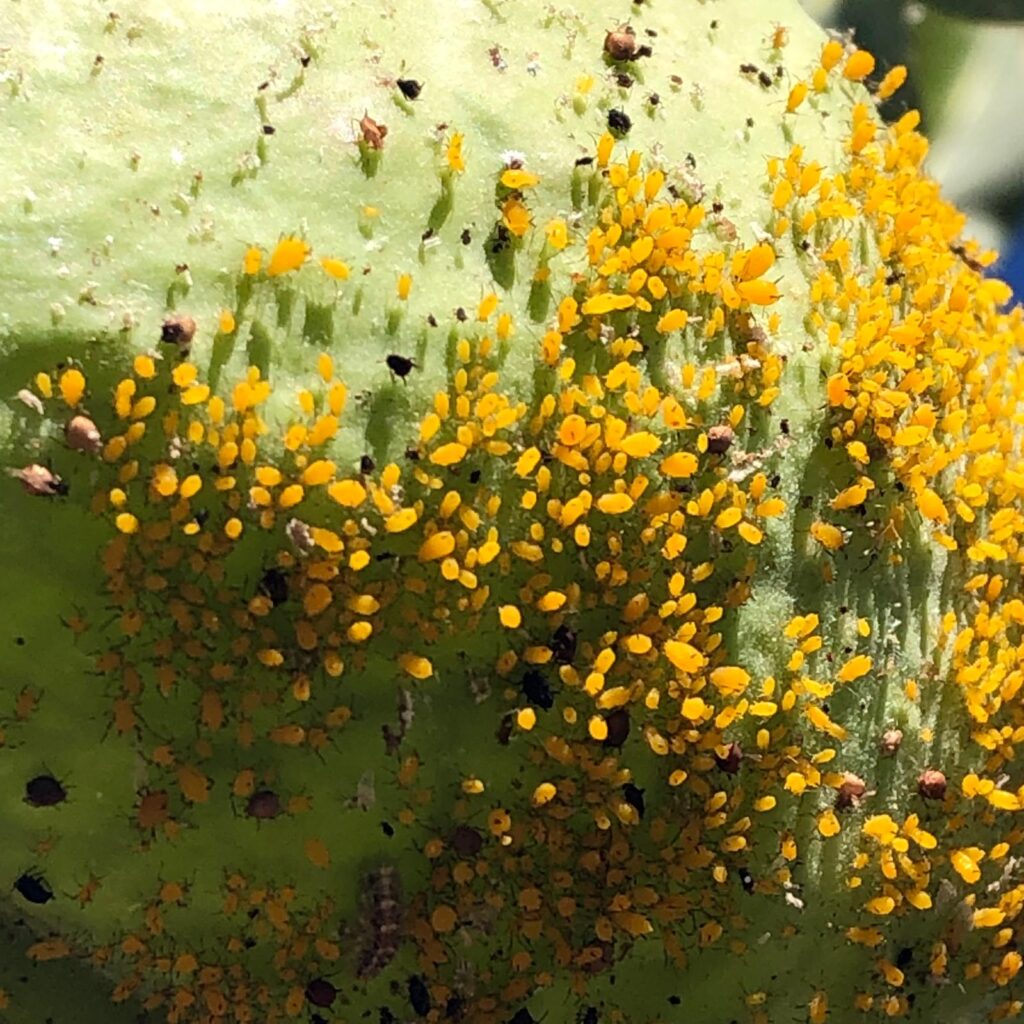
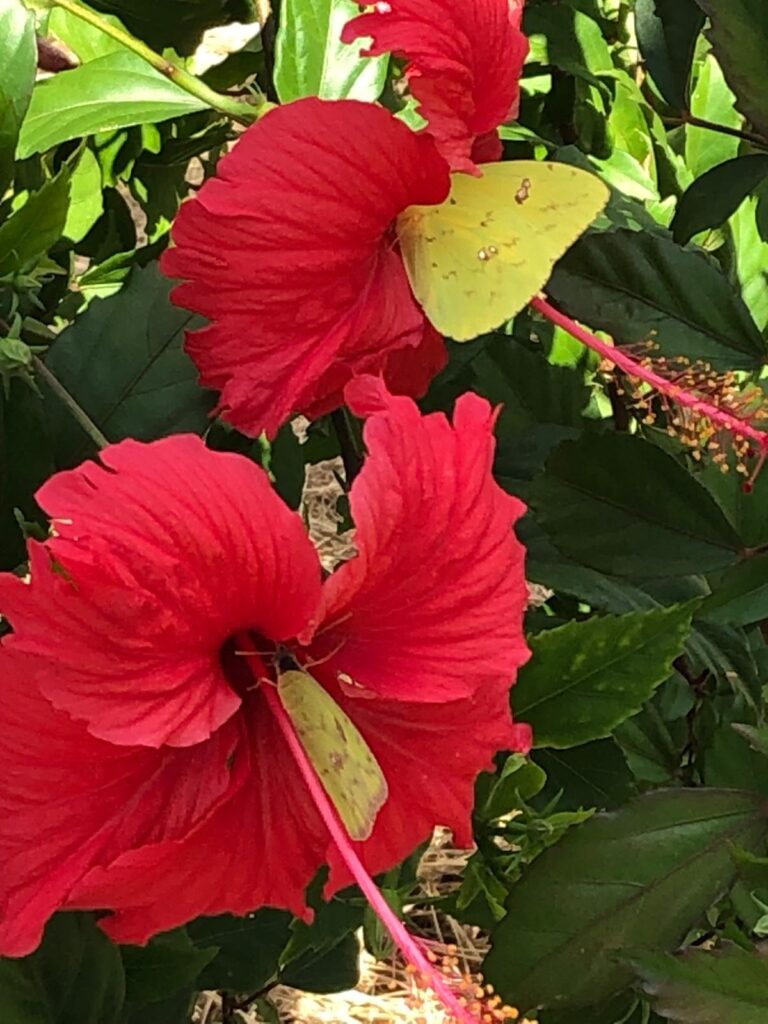
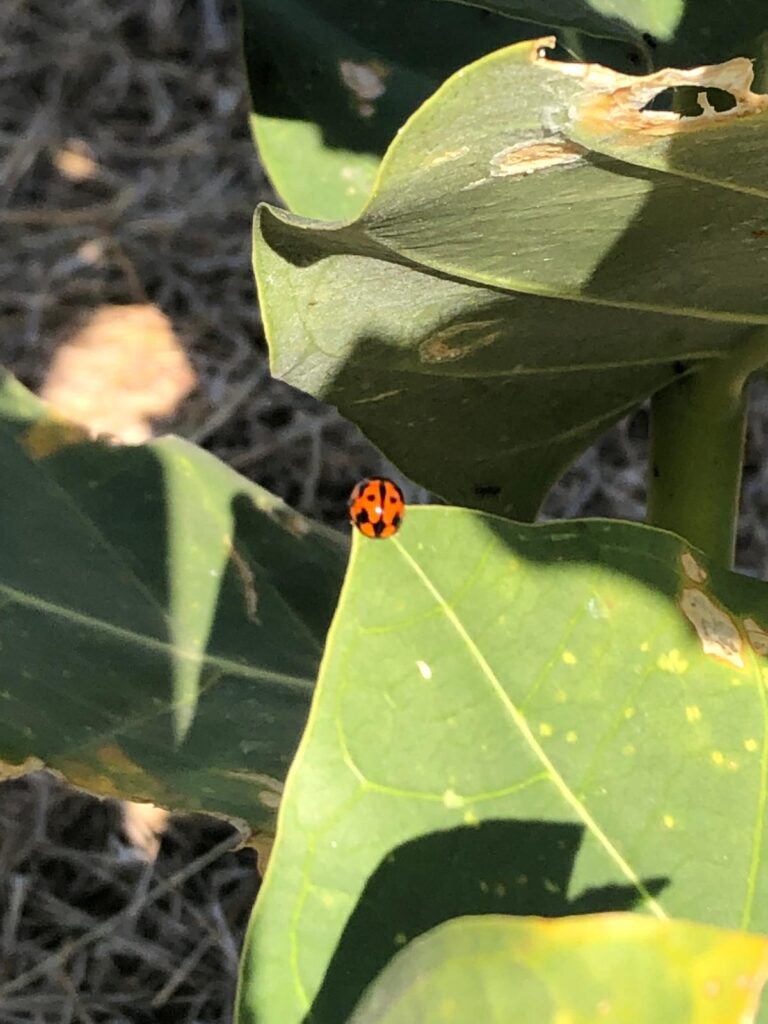
Not all insects are harmful; in fact, many act as natural pest controllers. Predatory insects like ladybugs, spiders, and wasps feed on pests that could otherwise damage crops. By keeping these pest populations in check, beneficial insects help reduce the need for chemical pesticides, promoting a healthier environment and more sustainable farming practices.
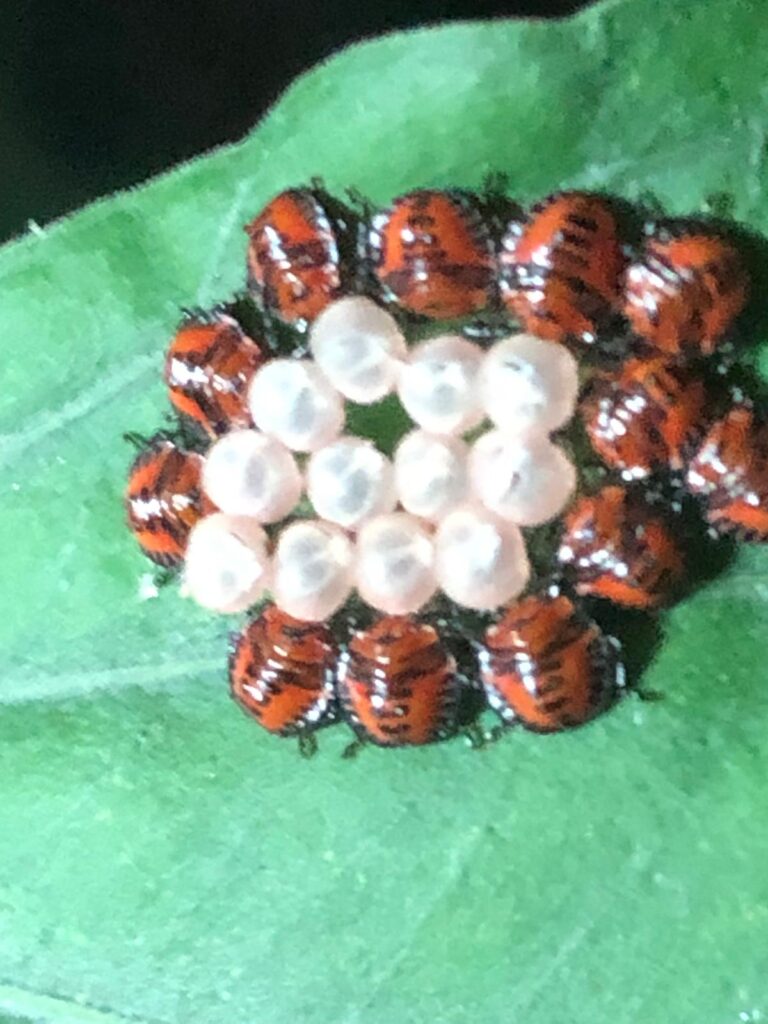
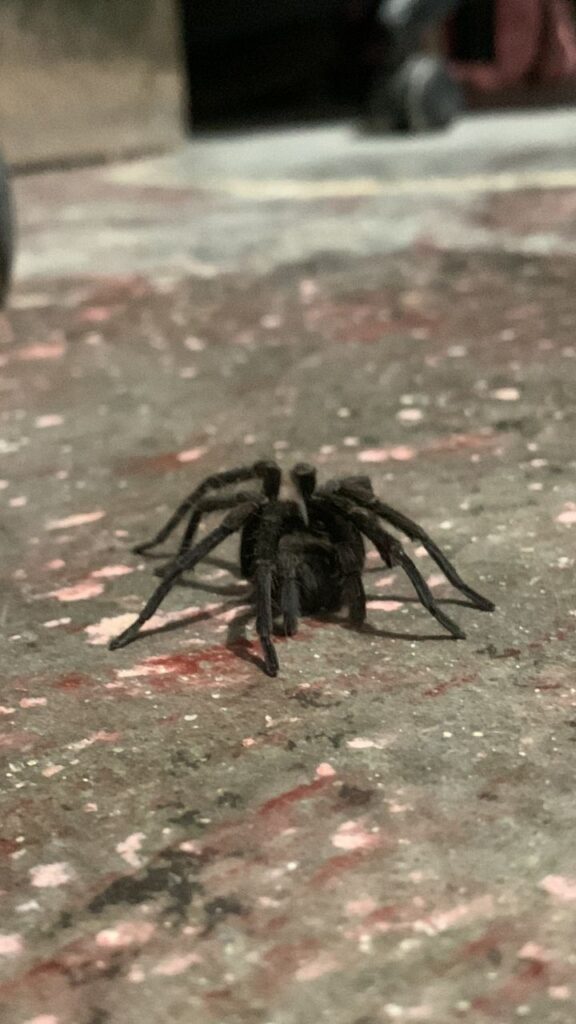
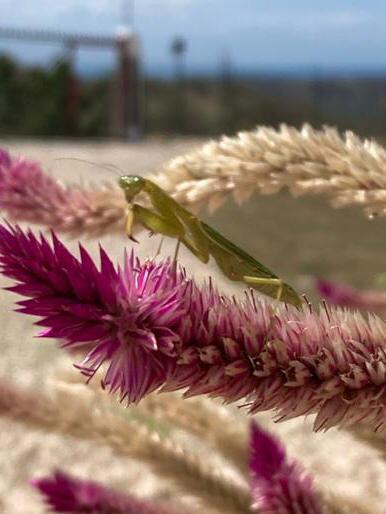
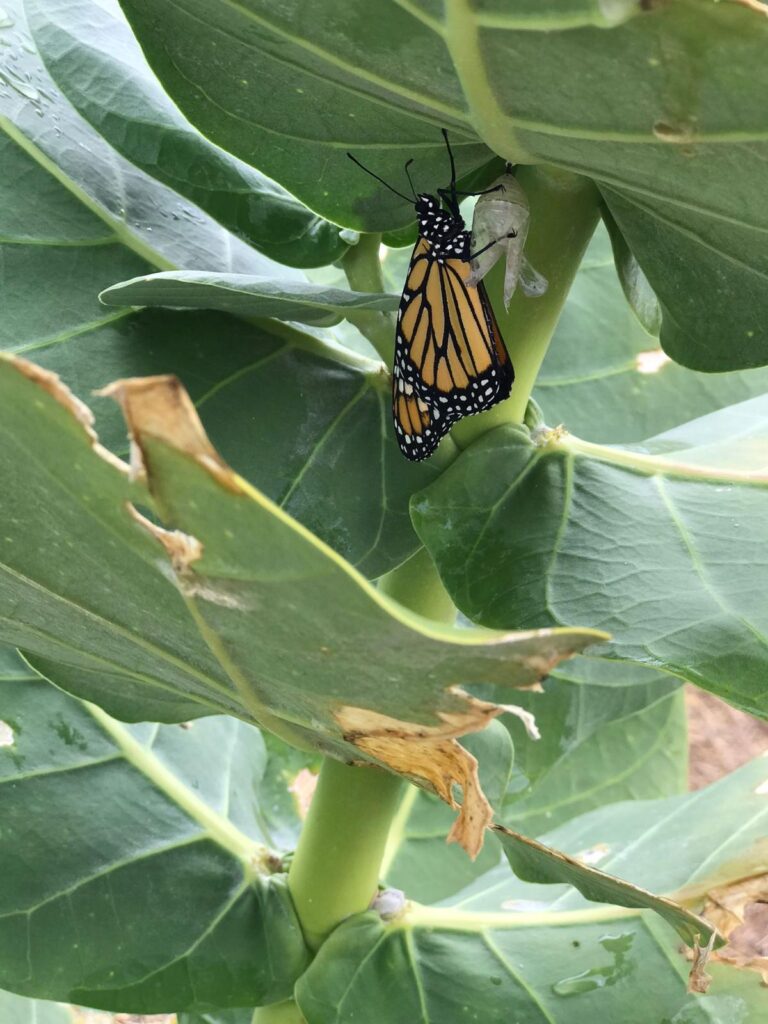
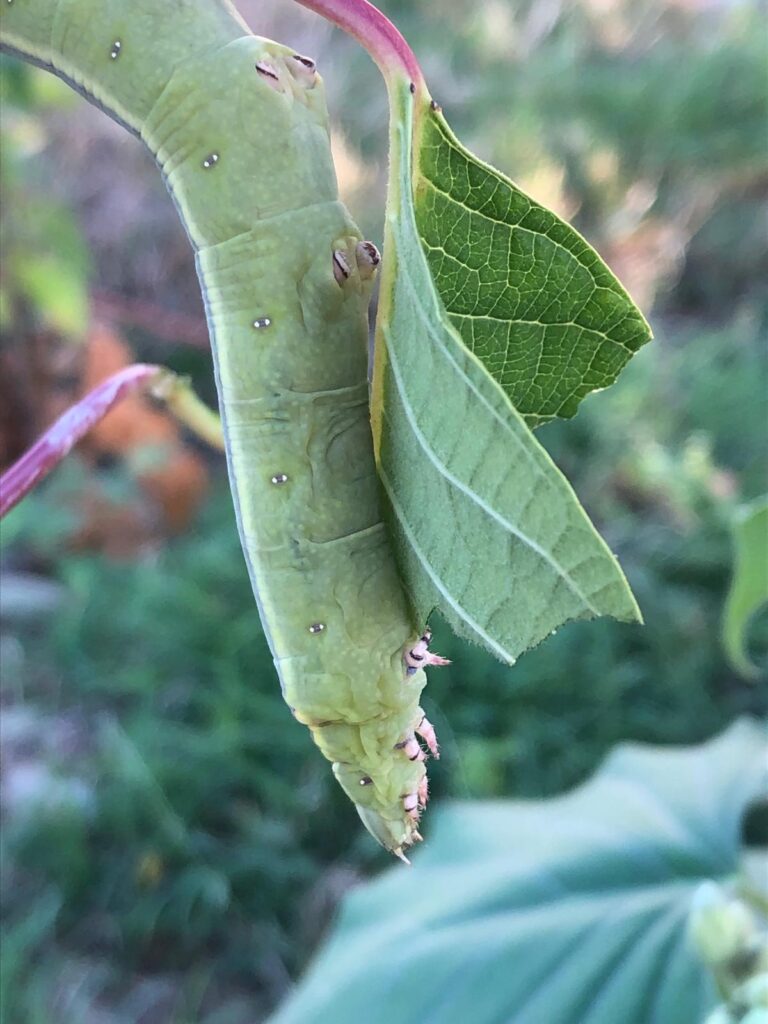
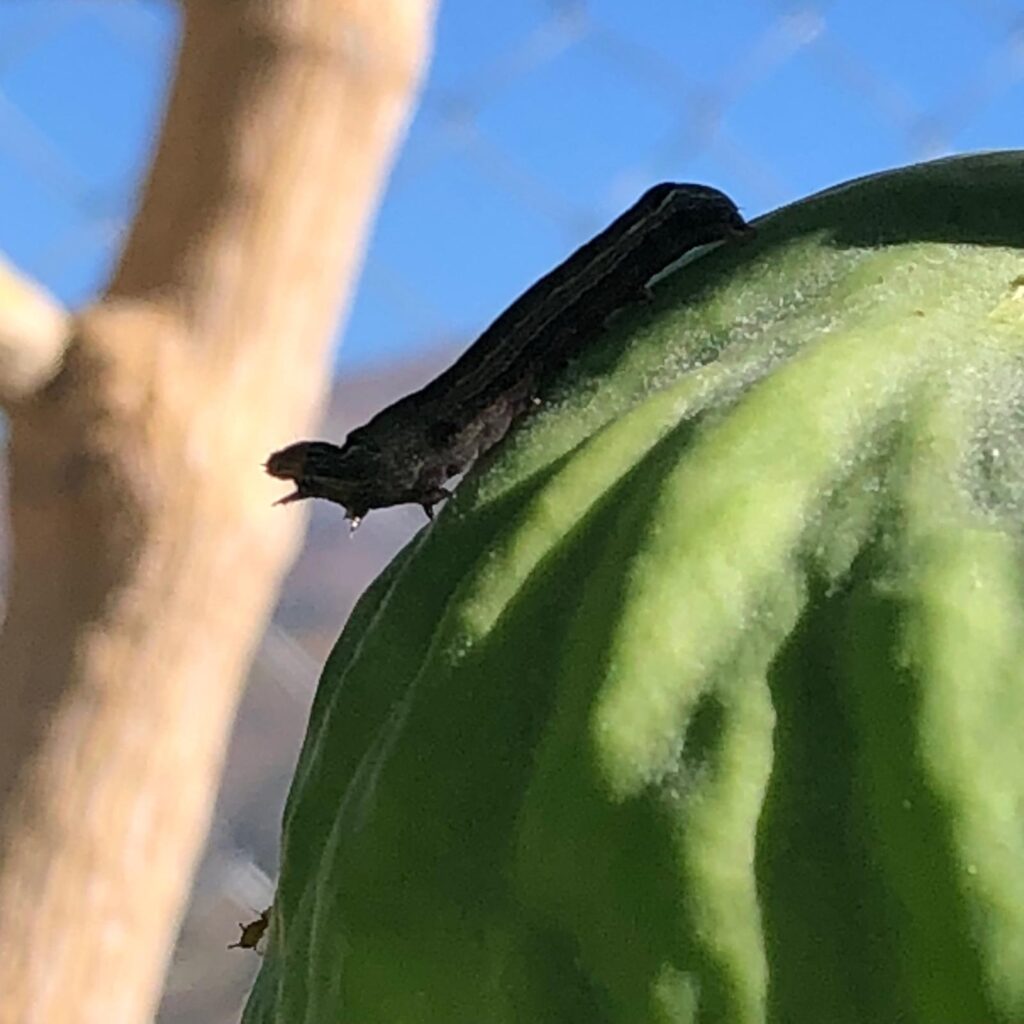
Insects also hold cultural significance in Haiti. Some insects, such as butterflies, are seen as symbols of transformation and renewal, while others, like bees, are associated with hard work and community. In rural areas, insects are sometimes used in traditional medicine, reflecting their deep-rooted importance in Haitian culture and daily life.
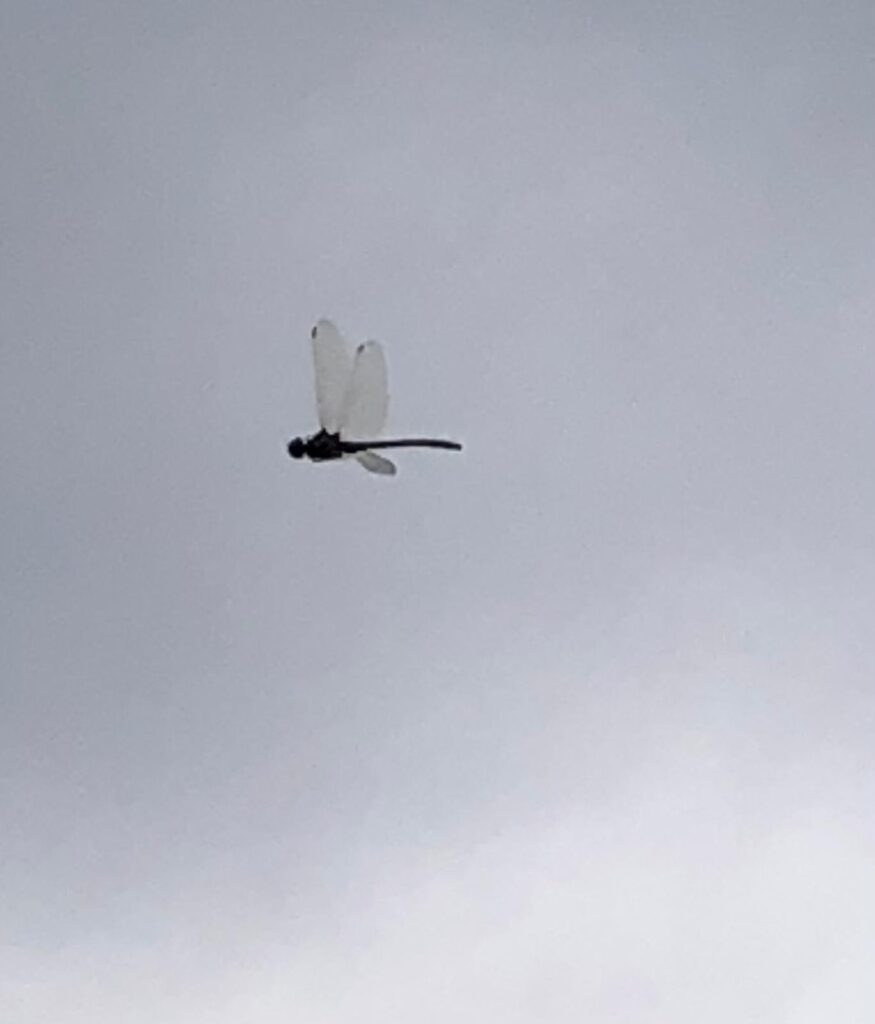
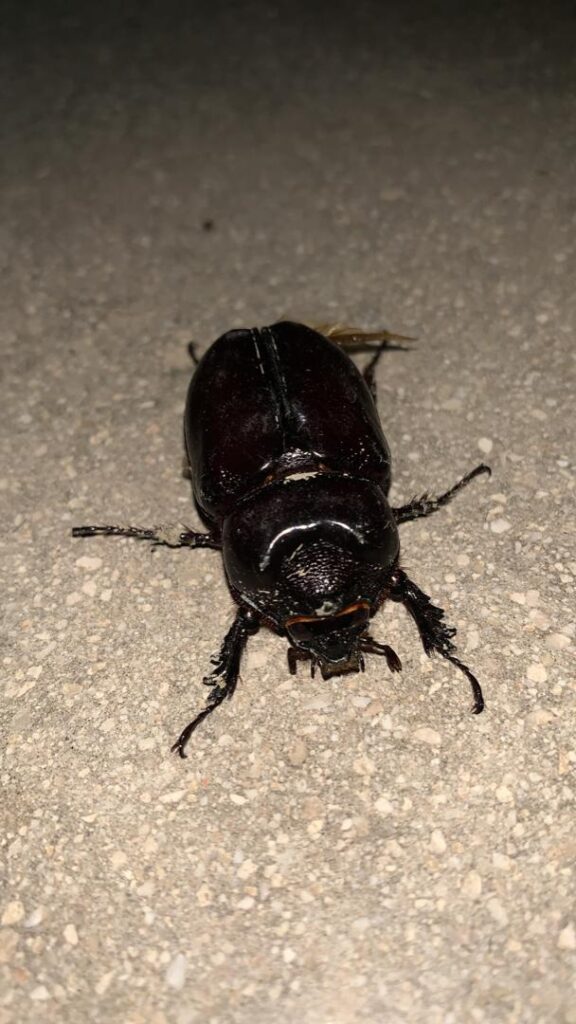
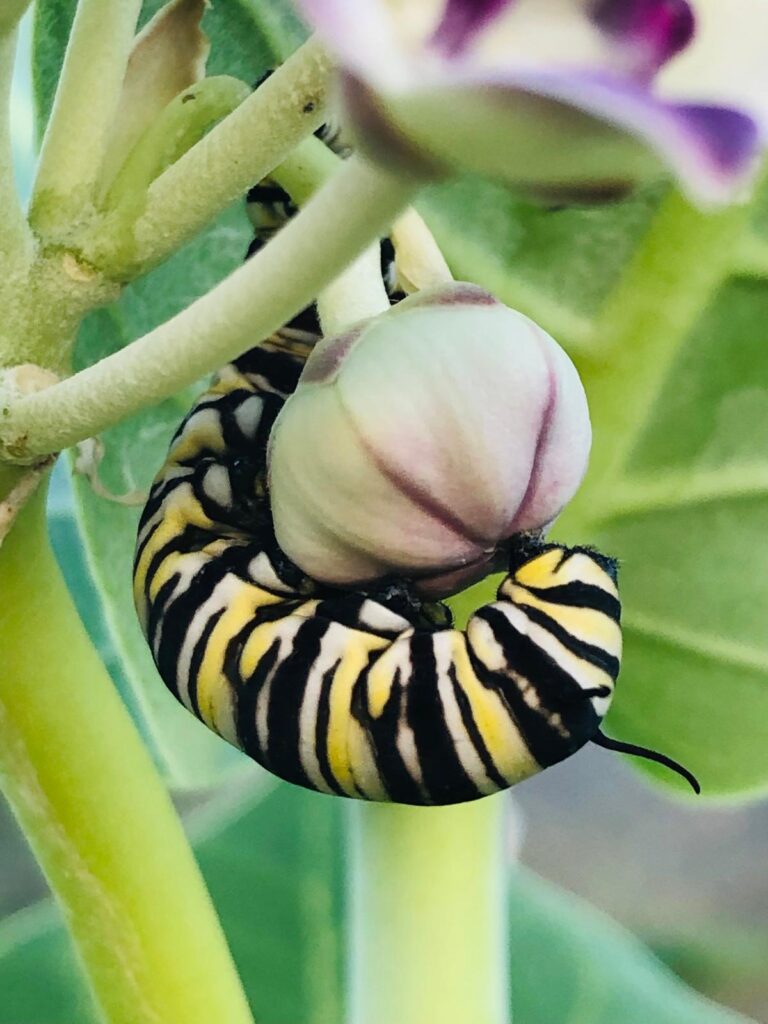
Despite their importance, many insect populations are under threat due to habitat loss, climate change, and pesticide use. Protecting insect habitats and promoting sustainable practices are essential for ensuring that these vital creatures continue to thrive in Haiti.
